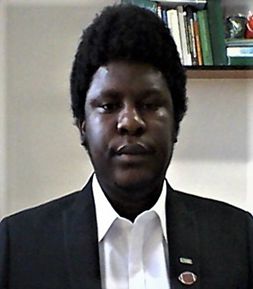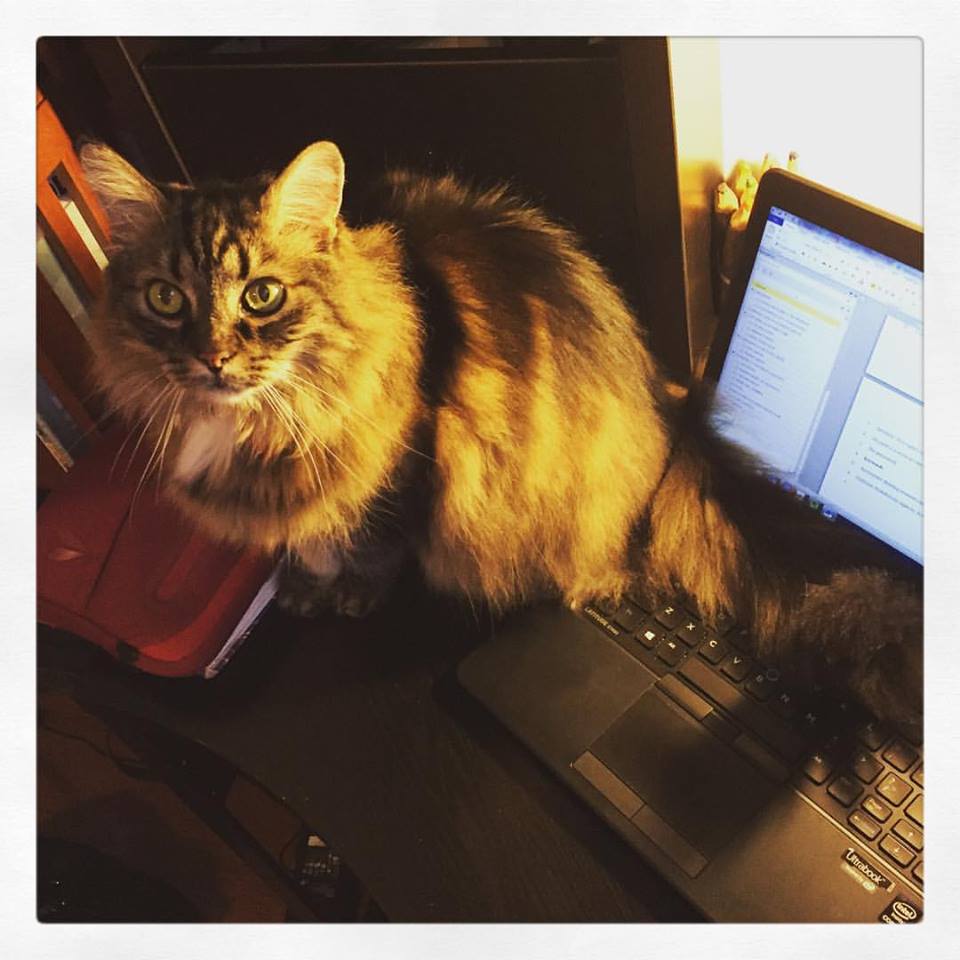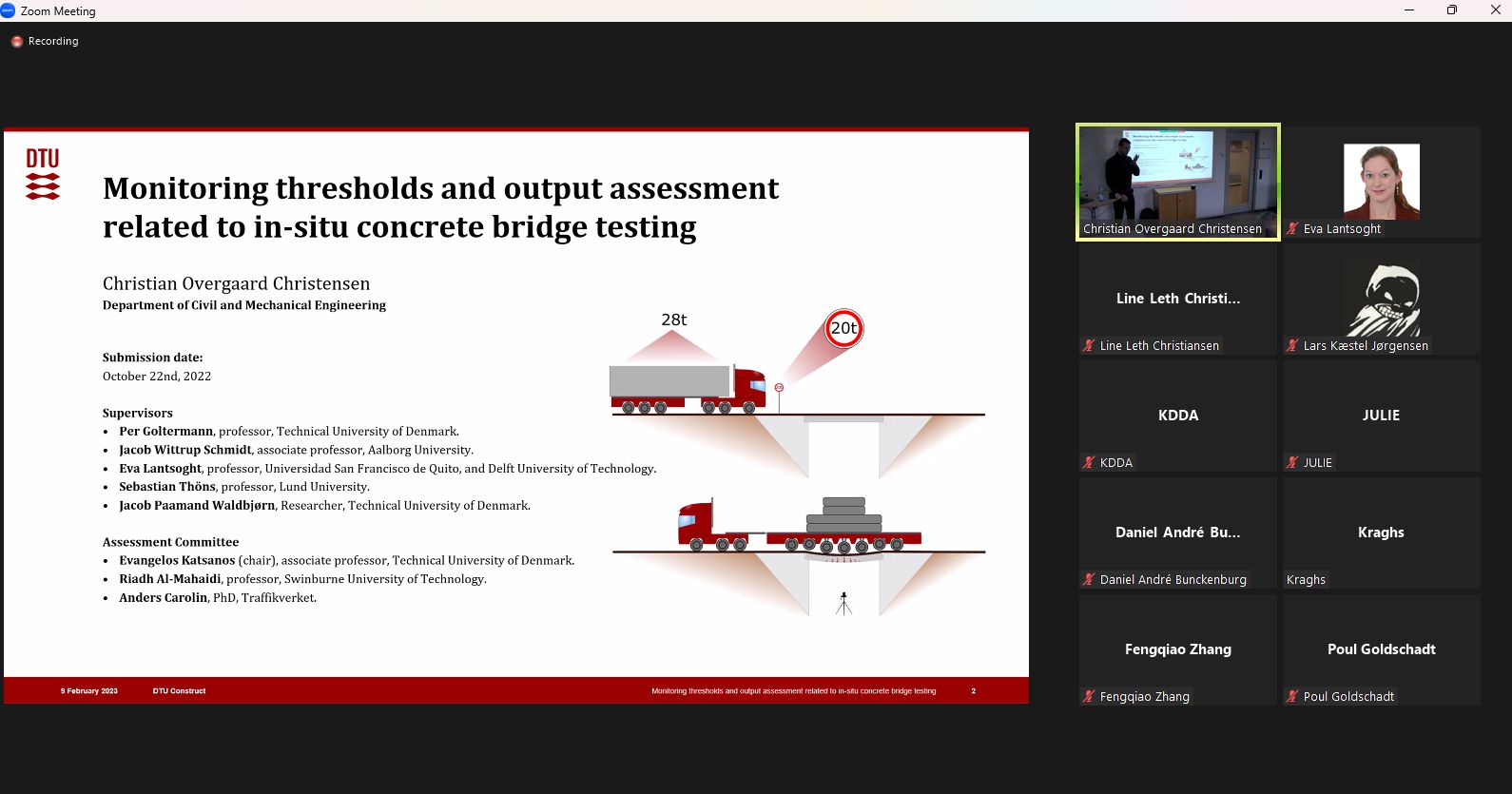
PhD Defenses around the world: A virtual defense in the Czech Republic
Today, I have the pleasure of inviting Dr. Dastan Bamwesigye to share his experience of defending a PhD in pandemic times. Currently, Dastan is a PostDoc researcher at the European scientific Insititute (ESI), Spain, and a researcher at Mendel University in Brno, Czechia. Born in Ntungamo District in western Uganda, Dastan obtained his Ph.D. in economics and management of renewable resources at Mendel University in Brno. He received an MSc degree in Regional Development at the same University and a B.A. (Honors) at Kyambogo University, Kampala, Uganda. He has numerous years of experience in socioeconomic and environmental research with expertise in Africa, Europe, and the United States of America. He concluded months as a visiting scholar exchange at Louisiana State University in early 2020, the Comenius University in Bratislava, Slovakia in 2017, and the University of Giessen, Germany in 2015. More so, Dastan taught at the Faculty of Regional Development and International Studies at Mendel University in Brno as an academic assistant. He has also worked with various research consultants and the National Council for Higher Education in Uganda. Dastan’s research is about forests and other resources’ governance even though he is a multidisciplinary researcher. He looks forward to spending the rest of his life researching for policy decision-making and advocacy to achieve environmental justice and sustainable development. Read more about his work through Google Scholar or ResearchGate.
I successfully defended my Ph.D. in economics and management of renewable resources at the Department of Forestry and Wood Economics and Policy, Mendel University in Brno, Czech Republic. The theme of my dissertation was “Assessment of Natural Resources Utilization in Regional Development: Case of Forestry Production in Uganda”. The dissertation analyzed the Total Economic Values (TEV) model, particularly Forest’s existence values, and conducted Willingness to pay (WTP) for forest existence values, conservation, and forest sustainability in Uganda.
In the Czech Republic, generally, regarding doctoral studies, dissertations and scientific publications are necessary. Mainly, three or four publications are required for a Ph.D. which varies among universities. The dissertation is written in consultation with the supervisors under a dean’s guidelines in a given University. When the thesis is completed and approved by the supervisor, it is sent to three external reviewers who evaluate it and improve its quality and recommend for defense or decline. At this point, the reviewers can reject the thesis if they feel it is not strong enough for public defense. At my university, the rule is that to go for the defense; one needs two positive review recommendations for the defense. The candidate has up to three times to go on defense should they fail on the first one.
The Ph.D. defense is publicly announced on all university noticeboards, including online. It is also public, and habitually friends and family are invited and colleagues and friends. There are numerous other formalities involved. The dress code is very strict, and some phrases have to be said at the beginning and the end. In the Czech Republic a committee is instituted by the dean, composed of the president, four members, and the opponents. The committee is very strict with time and begins with the chairperson/president of the committee introducing the other members of the committee and Ph.D. candidate and reading out his achievements throughout his/her Ph.D. study. The committee members must be both internal and external professors appointed by the dean.
Having met the defense requirements, the dean officially invited me for the defense of my dissertation work. The same invitation letter was circulated on all possible noticeboards in the University. This (invitation) is when you think about it every minute and sometimes dream about it until it is done. Even though I had been to some other Defenses, such as at the University of Giessen, Germany, awaiting the defense could not help my thoughts about the day. Finally, on February 4th 2021, at 11:30, I would be presenting my dissertation work to the committee. The invitation had mentioned that the defense would be at the department boardroom. However, due to COVID-19, the president later wrote an email asking me if I were okay with the online defense given the COVID-19 lockdown. For instance, it was impossible for the three professors from Slovakia to come in for the face-to-face defense. I felt terrible about the decision at first but came to terms with it, given the situation. Face-to-face presentations are part of me, and I prefer them to be online. However, I was ready for the online option given the new normal with most meetings by the defense date.
Thanks to Microsoft Teams, at 11:30 am, I was more than ready at my office with two of my friends. The software showed that the team was on. So I asked to join the meeting, only to find the committee was still busy with the first student who was then answering the questions from the committee. So I ended up attending my colleague’s defense up to the point of decision by the committee to grant the Ph.D. or not (a secret moment for only the committee).
A call comes in on my laptop, and time had come for me. I could not resist being nervous; my supervisor looked so worried, which could worsen my situation.
The president started with a warm welcome. She introduced the committee members and then myself, including mentioning my research and academic activities (She said how I had made a significant contribution with publication activities of the department citing my works in Impact Factor articles). The introduction, which took about ten minutes, released a bit of the nervousness after exchanging pleasantries. Having published and presented most of the results at international conferences, I started off introducing my Ph.D. theme, the aim, hypothesis, a quick introduction, carefully went through the methodology, presented results, discussed and concluded and provided policy recommendation regarding forest conservation following my findings. The opponents gave their opinions and comments, and all of them had a question or two to respond. Also, the audience was allowed to ask questions related to the dissertation, as is the norm. I responded to the opponents’ queries as expected. So was the one question from the audience which “almost” threw me under the bus because I could not find the actual name of the one organization of the institution he asked. He was, however, impressed with my response. At this point, we had spent over 1 hour and 30 minutes. The opponents’ comments took about 45 minutes. Taking final comments from opponents seriously is vital, and it is even better to prepare answers to some of the comments as necessary.
The president asked me out so that the committee could make the final verdict to grant the Philosophea Doctor/ Doctor of Philosophy (Ph.D.) or not. The president called me back to announce the results. I could see a smile on my supervisors’ face. The committee president using all the chronological citations (formalities), announced the successful defense and congratulated. The other members followed suit, and after that, the president pronounced the defense finished. She informed me that the faculty was going to proceed with other formalities necessary. It was both joys that after 4 years, the journey ended successfully as deserved with a bit of sadness that it could not be celebrated with my supervisor and colleagues.
Family and friends supported me much. However, the words of my supervisor were the essential tool that gave me more confidence to face the defense committee: Your work speaks for its self.



